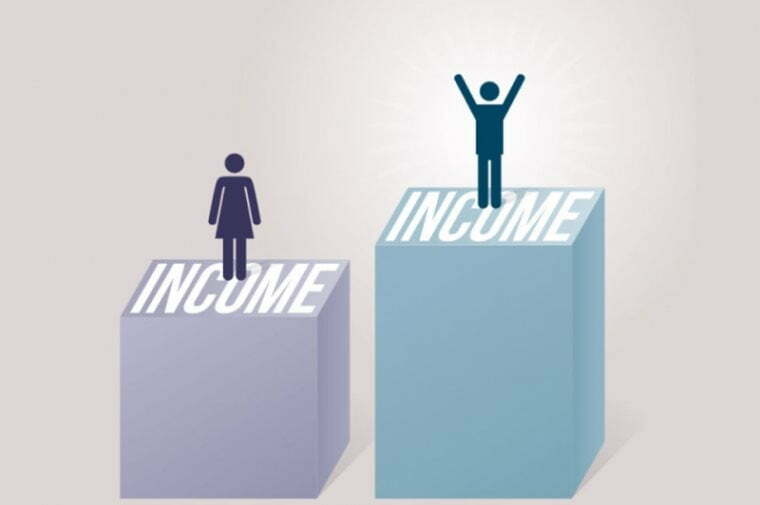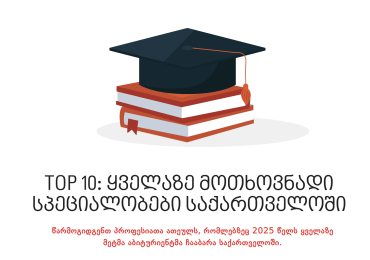Average remuneration for men in European Union is 16,3% more than for women and in Eurozone – 16,8%. However, the data in European Union member states is different. European Union compensates for gender difference (Gender Pay Gap), by calculating average hourly remuneration for men and women holding same position, taking into account the age groups.
In the EU member states woman’s lower remuneration depends on several factors, including part time jobs, less working hours due to decisions made in favor of family life and maternity leave. In Belgium, difference between average remuneration of men and women varies between 1% and 14%. In the age group of 24-34, the difference is 1%, in the age group of 35-44, this difference increases and makes 5,6%. The difference reaches 14% in the age group over 65.
In Bulgaria, the difference is biggest in the age group of 35-44 and it makes 21%. Remuneration of men is 28% higher than of women in Czech Republic. In Denmark the biggest difference between men and women is in the age group of 45-55 and this difference makes 18,3%.
In Italy, difference between average hourly remuneration of men and women varies between 4% and 10,3%. Italian women of 25-34 of age in average earn 4,8% less than men.
In Lithuania, women earn in average from 13% to 22% less than men. In this country, women of 25-34 years of age are paid 16,7% less than men of the same age.
In Portugal, the difference between the salaries of men and women varies between 8,5% and 43%. The difference of remuneration between men and women under 25 makes 9,1% and for those of 65 and more this difference reaches 43%.
The difference between remuneration of men and women working in industrial sector is the highest in Estonia and it makes 30% and the lowest is in Sweden, where men employed in industrial sector earn in average 5% more than women do.
Austrian women working in real property sector earn 27% less than men working in the same sector. And Hungarians – 0,6% less.
In the EU member states, the difference between remuneration of men and women employed in private sector is as follows: Belgium – 9,6%; Bulgaria – 13,5%; Czech Republic – 23,4%; Denmark – 15%; Italy – 19%; Lithuania – 14,2%; Latvia – 17,5%; Hungary – 13,4%; Portugal – 22,8%; Slovakia – 20,9%; Sweden – 12,2%.
In Georgia, in the first quarter of 2017, the average monthly remuneration of a hired woman was 759 GEL and of a man – 1191 GEL. In the country, a woman’s remuneration is in average 432 GEL less than a man’s, which makes 36,2% difference.
According to the data provided by the Statistics Service of Georgia, a woman’s remuneration is less than a man’s in almost all the sectors: average monthly salary of a woman performing financial activities is 1274, while a man earns 2924 doing the same. In hotel and restaurant sector, a woman’s average monthly remuneration is 652 GEL and a man’s is 860 GEL. In education sector, women earn in average 542 GEL and men – 641 GEL.
"Forbes Georgia-ის სარედაქციო ბლოგპოსტების სერია "როგორ გამდიდრდა“ და "საქართველო რეიტინგებში".

















